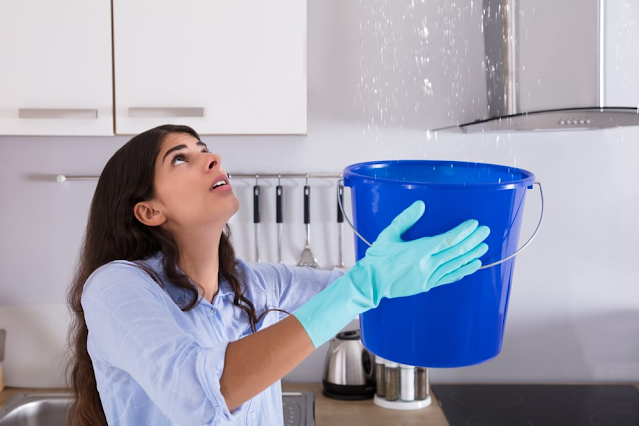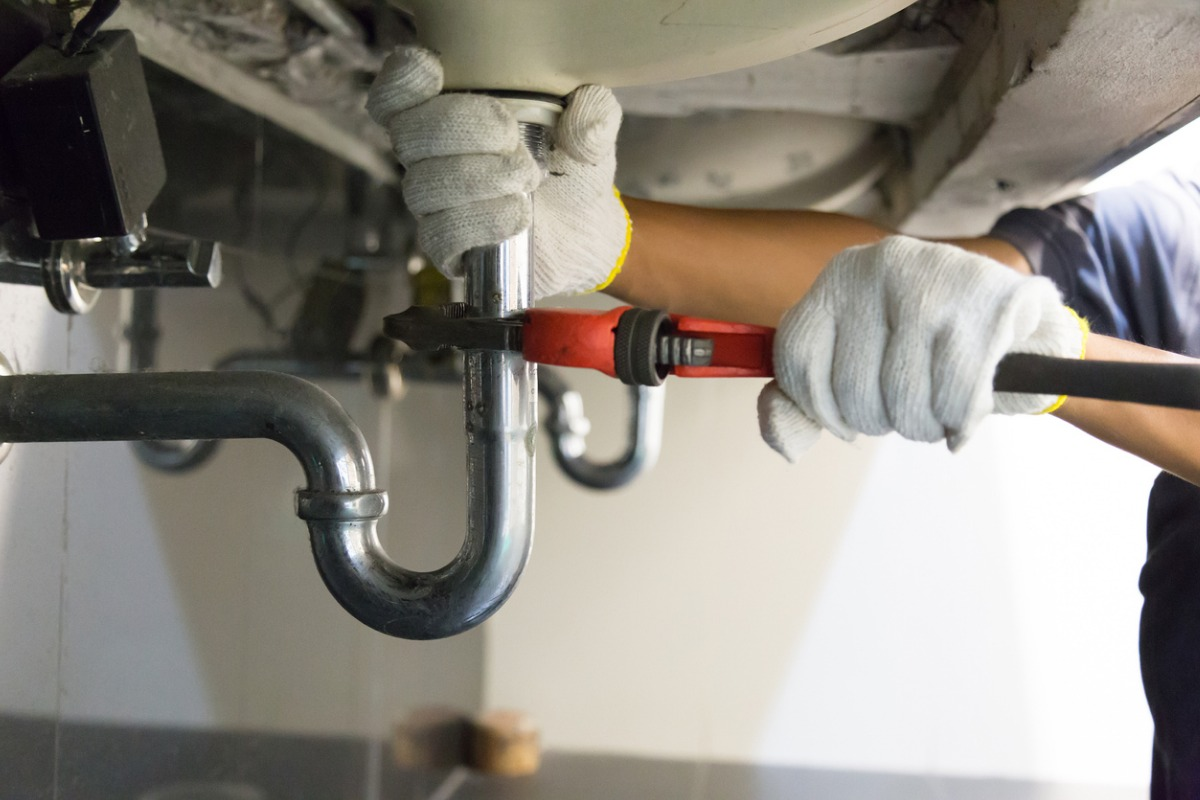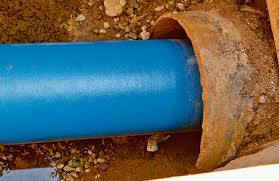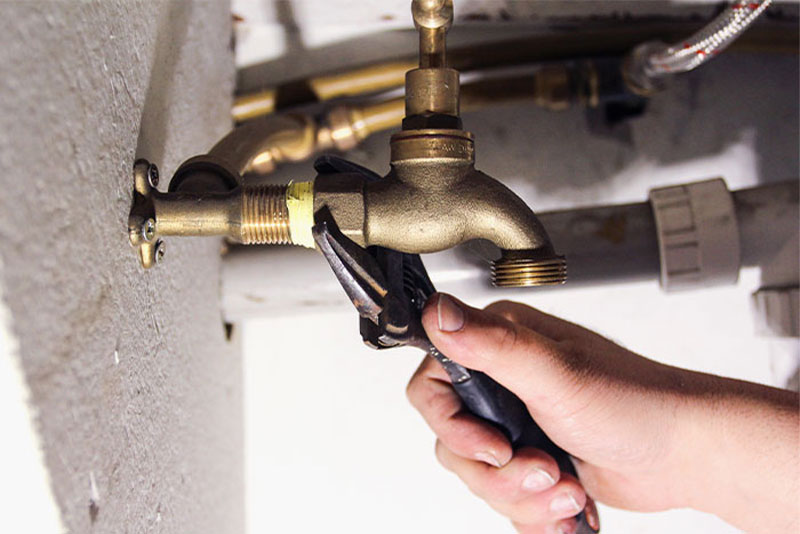DIY Tips for Fixing Your Plumbing Problems - Emergency Plumber Melbourne
Dealing with plumbing issues can be frustrating, but with the right knowledge and some DIY skills, you can often tackle minor problems on your own. In this article, we will provide useful tips and guidance for fixing common plumbing problems without the need to immediately call a professional.
However, it's important to note that some plumbing issues may require the expertise of a plumber, especially in emergency situations. Whether you're looking for a "plumber near me" or specifically need an emergency plumber in Melbourne, these DIY tips will help you address common plumbing problems effectively.
What are the Common Mistakes in Plumbing?
When attempting DIY plumbing repairs, it's crucial to avoid common mistakes that can worsen the situation. Here are some mistakes to steer clear of:
a. Using Excessive Force: Applying excessive force when trying to loosen or tighten plumbing fixtures can lead to damage, leaks, or even broken pipes. Use gentle and controlled force to avoid further complications.
b. Using Incorrect Tools: Using improper tools or makeshift solutions can cause damage to your plumbing system. Always use the right tools for the job to avoid unnecessary complications.
c. Ignoring Safety Precautions: Plumbing repairs may involve working with sharp tools, hot water, or potentially harmful substances. Neglecting safety precautions can lead to injuries. Always wear protective gear, exercise caution, and turn off water sources before starting any repairs.
d. Failing to Shut Off Water Supply: Before attempting any repairs, remember to turn off the water supply to the affected area. Neglecting to do so can result in water damage or unnecessary flooding.
e. Overlooking Permits and Regulations: For major plumbing installations or renovations, it's important to follow local building codes and obtain necessary permits. Failing to comply with regulations can lead to legal issues or problems with insurance claims.
How Do You Stop Plumbing Problems?
Taking preventive measures is key to stopping plumbing problems before they occur. Here are some steps you can take to avoid common issues:
a. Regular Maintenance: Schedule routine inspections to identify and address potential plumbing problems before they escalate. Check for leaks, dripping faucets, and signs of corrosion.
b. Proper Use and Disposal: Educate yourself and your household members about proper use and disposal practices. Avoid flushing non-flushable items, pouring grease down drains, or using excessive amounts of toilet paper.
c. Monitor Water Pressure: Excessively high water pressure can strain your pipes and fixtures, leading to leaks or bursts. Install a pressure regulator if needed and maintain optimal water pressure levels.
d. Insulate Pipes: In colder climates, insulating exposed pipes can prevent freezing and potential pipe bursts during winter.
e. Maintain Drain Health: Avoid pouring chemicals down drains and regularly clean them to prevent blockages. Use drain screens or guards to catch debris and hair.
What is the Most Common Plumbing Problem?
One of the most common plumbing problems homeowners face is a clogged drain. Here's how you can address it:
a. Plunger Method: For minor clogs in sinks, showers, or toilets, a plunger can often do the trick. Create a tight seal around the drain and use firm, rapid plunges to dislodge the clog.
b. Baking Soda and Vinegar: For moderately clogged drains, a mixture of baking soda and vinegar can be effective. Pour a cup of baking soda down the drain, followed by a cup of vinegar. Let it fizz for about 30 minutes, then flush with hot water.
c. Plumbing Snake: If the clog persists, a plumbing snake or auger can be used. Insert the snake into the drain and rotate it to break up or remove the blockage.
d. Natural Enzyme Cleaners: Consider using natural enzyme cleaners designed for drain maintenance. These cleaners help break down organic matter and keep your drains clear.
e. Prevention: To prevent future clogs, use drain screens or guards to catch debris, avoid pouring grease or oil down drains, and regularly clean your drains.
Conclusion:
While some plumbing problems may require the expertise of a professional plumber, many minor issues can be tackled with the right DIY approach. By avoiding common mistakes, taking preventive measures, and using appropriate techniques, you can address common plumbing problems effectively.
However, if you encounter a complex issue or an emergency situation, don't hesitate to seek the assistance of a qualified plumber, such as an emergency plumber in Melbourne or a local professional. Remember, safety should always be a priority when working on plumbing repairs, and knowing when to call a professional is equally important.




Comments
Post a Comment